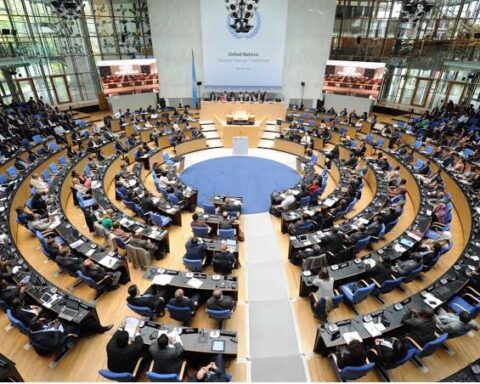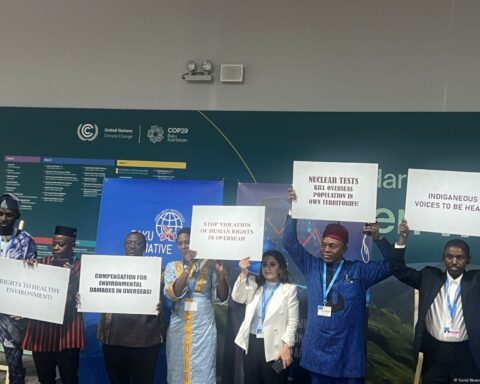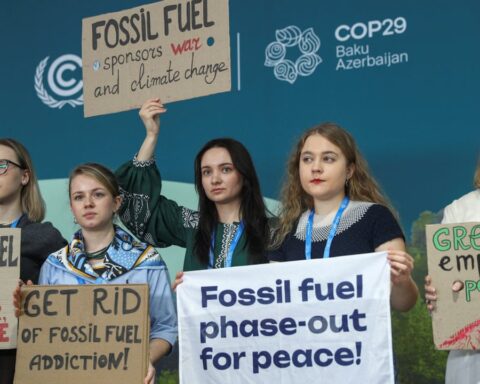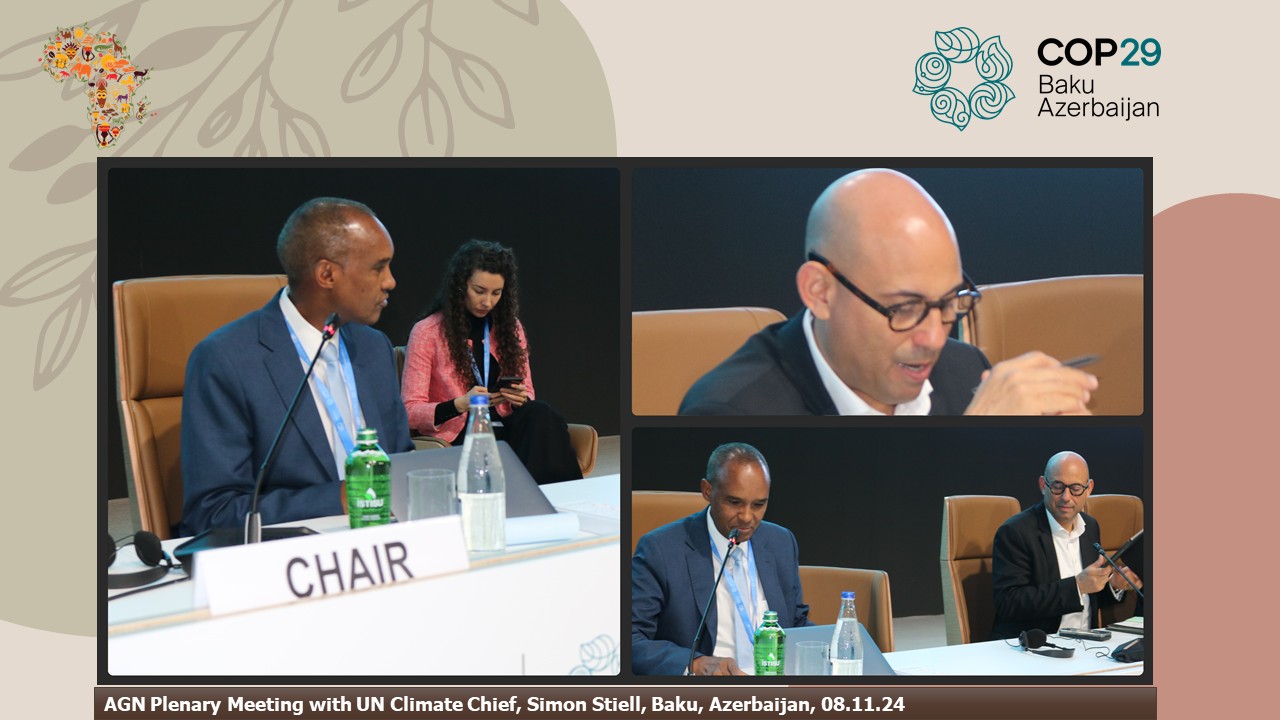As the 2024 United Nations Climate Change Conference (COP29) opens in Baku, Azerbaijan, on Monday, Leaders from ActionAid International are urging wealthy nations to deliver on their financial commitments to help vulnerable countries tackle the escalating climate crisis.
They emphasized that frontline nations, which have contributed the least to global emissions, are disproportionately bearing the costs of climate impacts and urgently require a robust, grant-based climate finance mechanism.
Teresa Anderson, ActionAid International’s Global Lead on Climate Justice, described COP29 as a test of wealthy countries’ willingness to address the climate crisis they largely caused.
According to Anderson, wealthy nations are not only failing to deliver sufficient climate finance but are also attempting to shift the financial burden onto developing nations.
“Frontline countries, who have done almost nothing to cause the problem, are being pushed deeper into debt by the climate crisis.
“They are the ones getting stuck with an escalating climate bill, covering the costs of recovering from disasters, preparing for future impacts, and transitioning to green technologies,” she said.
Anderson emphasized the need for a “trillions of dollars” target in annual grant-based climate finance, rather than loans or private investments that could further indebt developing nations.
She argued that wealthy countries must take responsibility for their contributions to global warming, noting, “Whatever the cost, paying for ambitious climate action now will be far cheaper than the cost of catastrophe later.”
A Senior Policy Analyst at ActionAid USA Kelly Stone, echoed Anderson’s concerns, warning against market-based solutions as substitutes for real climate finance.
Stone argued that mechanisms like carbon offsets allow corporations and countries to pay to avoid reducing their own emissions, undermining the urgency of global climate goals.
“Climate finance is the core of an equitable, fair-share approach to climate action. The world can only meet the goals of the Paris Agreement if everyone does their part, and for rich, developed countries like the US, that includes real, grant-based climate finance.
“Market mechanisms promote offsetting, which the world cannot afford and does not fulfill developed countries’ climate finance obligations,” stone stated.
Farah Kabir, Country Director at ActionAid Bangladesh, highlighted the immediate and devastating effects of the climate crisis on countries like Bangladesh, which are disproportionately vulnerable to climate disasters.
Kabir pointed to 2024 as the most challenging year yet for Bangladesh, which was hit by Cyclone Remal in June, affecting over 4.7 million people. In August, extensive flooding displaced millions more.
“We want to remind world leaders at COP29 that as they drag their feet on climate action, countries in the Global South, like Bangladesh, continue to suffer the worst impacts despite doing little to cause it,” Kabir said.
“Communities in the Global South do not have the luxury of time. Time lost means more lives lost, greater destruction of property, and more severe food insecurity.”
Kabir underscored the importance of timely climate finance to enable these communities to build resilience and adapt to green energy pathways.
“We need climate finance now. These funds can unlock our communities’ ability to build resilience against the impacts of the climate crisis and shift to greener pathways,” she added.
A Defining Moment for Climate Justice at COP29
The call for immediate and substantial climate finance reflects the urgent needs of vulnerable countries that bear the brunt of climate change’s effects.
Advocates warn that the reliance on loans and corporate investment only exacerbates the problem, pushing already struggling nations further into financial hardship.
As COP29 unfolds, frontline nations and climate justice advocates are pressing for a decisive response from wealthy countries, one that moves beyond rhetoric and ensures a liveable future for all.
For nations at the forefront of the climate crisis, COP29 is a defining moment. The commitment or lack thereof by wealthier countries to finance climate action may determine the resilience and survival of millions facing an uncertain climate future.
By Dare Akogun








